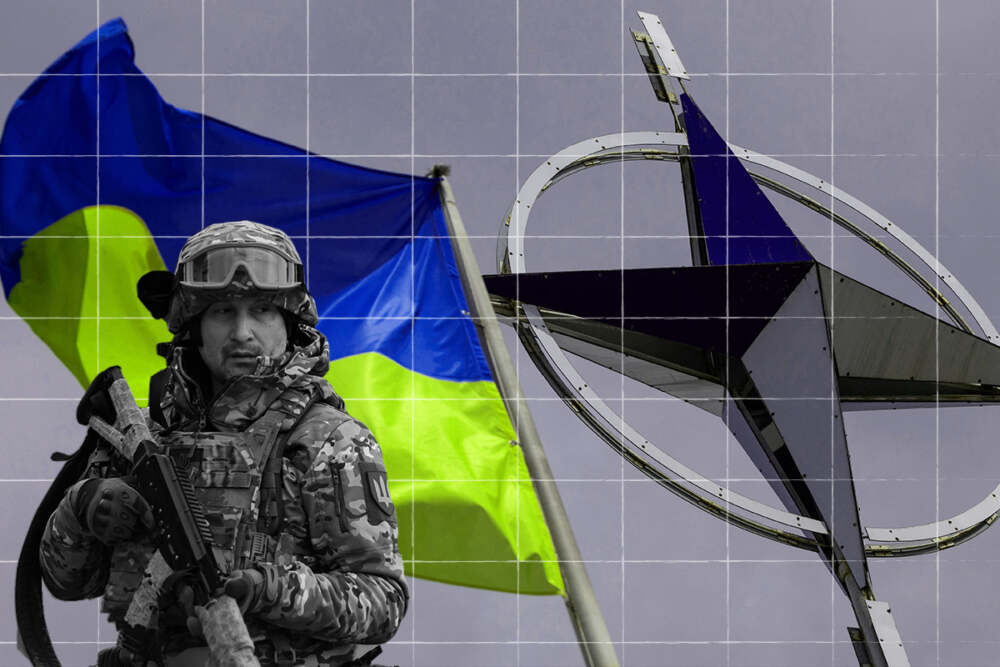A renewed wave of Russian missile and drone attacks has shaken Ukraine and pushed Europe into a new phase of unity and resolve. As the war enters its third year, Moscow’s escalating assaults have reignited fears of a wider conflict while strengthening European determination to defend Ukraine’s sovereignty and impose heavier penalties on the Kremlin.
Russian Escalation and Civilian Toll
Over the past week, Russian forces have unleashed one of the largest aerial offensives since the early months of the invasion. Explosions were reported across multiple Ukrainian cities, including Kyiv, Kharkiv, and Odesa. Power stations, railway lines, and communication hubs were targeted in what Ukrainian officials described as a coordinated attempt to cripple the nation’s infrastructure ahead of winter.
Civilian casualties continue to mount. Entire neighborhoods have been left without electricity or heat, and hospitals are struggling to operate under emergency conditions. Ukrainian President Volodymyr Zelensky condemned the strikes as “acts of terror designed to break the spirit of the nation,” vowing that Ukraine “will not surrender to blackmail through suffering.”
European Resolve Hardens
In response, European leaders have moved swiftly to tighten sanctions and expand military support to Kyiv. The latest package includes additional restrictions on Russian energy exports, financial sanctions targeting major banks, and new bans on trade with companies linked to Moscow’s defense industry.
European nations that were once divided over the scale of involvement in the conflict have now rallied behind a stronger, more unified front. Germany has announced new air-defense systems for Ukraine, France has pledged an increase in ammunition shipments, and Poland has called for a complete embargo on Russian liquefied natural gas.
“The message to Moscow is clear,” said one European diplomat during an emergency summit in Brussels. “Europe will not be intimidated, and Ukraine will not stand alone.”
A New Peace Framework Emerges
Amid the escalating violence, European governments and Kyiv have jointly developed a new 12-point plan aimed at achieving a durable peace. The proposal, which Ukraine’s allies are calling a “framework for justice,” rejects Russia’s territorial claims and emphasizes Ukraine’s right to define its own security and political future.
Key points of the plan include:
- The immediate withdrawal of Russian forces from occupied territories.
- The establishment of international security guarantees for Ukraine.
- A structured process for war reparations and reconstruction funding.
- Renewed diplomatic oversight from the European Union and allied nations to ensure compliance.
While the proposal signals a growing desire to shape post-war negotiations, it also highlights Europe’s recognition that the conflict’s outcome will define the continent’s future security order.
The Strategic Gamble
For Russia, the intensified offensive appears designed to regain leverage after the collapse of earlier talks. By striking critical infrastructure, the Kremlin hopes to weaken Ukrainian morale and force Western nations to reconsider their financial and military commitments.
However, the plan may be backfiring. European unity has only strengthened, and public support for Ukraine remains robust despite energy price pressures and inflation. Even nations traditionally cautious about provoking Russia, such as Hungary and Austria, are now showing signs of shifting toward a tougher position.
For Ukraine, the challenge lies in sustaining resilience while continuing to defend its front lines. The country’s energy grid is under severe strain, and reconstruction efforts are constantly disrupted by new bombardments. Yet morale among Ukrainians remains high, bolstered by continuous aid and promises of long-term European integration.
Winter Looms as a Turning Point
As temperatures drop, both sides are bracing for a difficult winter campaign. Russia is expected to continue targeting energy systems in an effort to freeze Ukraine into submission, while Ukrainian engineers race to repair the grid faster than it can be destroyed. European allies are preparing emergency energy shipments, including natural gas reserves and portable power units, to help sustain Ukrainian cities through the cold months ahead.
Humanitarian organizations are warning of a potential crisis, with millions at risk of displacement or food insecurity if strikes persist. Despite these challenges, Ukraine’s government insists it will not accept any peace terms that compromise national sovereignty or territorial integrity.
Europe’s Defining Moment
This conflict has transformed Europe from a cautious observer into an active strategic player. The war is no longer just Ukraine’s fight; it is now viewed as a defense of democratic values and the rules-based international order. European officials have begun to frame the conflict as a defining moment for the continent — one that will determine whether aggression and territorial conquest are allowed to stand in the 21st century.
“The defense of Ukraine is the defense of Europe itself,” declared a senior European Union official following the latest sanctions announcement. “If Ukraine falls, the principles that hold our continent together fall with it.”
The Road Ahead
As the war grinds on, the world watches Europe’s growing leadership in shaping its geopolitical destiny. The outcome of this renewed confrontation will determine not only Ukraine’s survival but also the balance of power in Europe for decades to come.
Whether through diplomacy or endurance, Europe appears determined to ensure that Russia’s aggression does not go unanswered. What began as a regional conflict has evolved into a continental struggle for stability, freedom, and the future of a sovereign Ukraine.
















Leave a Reply